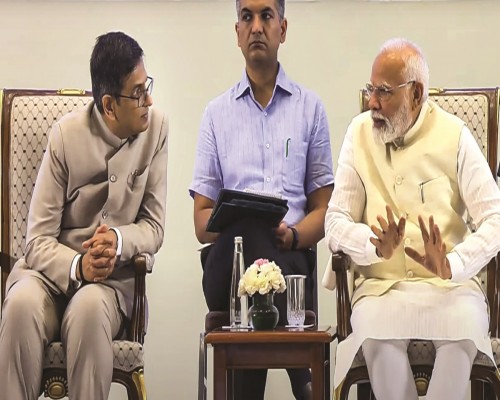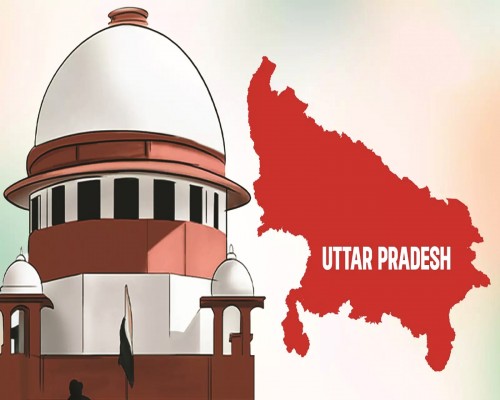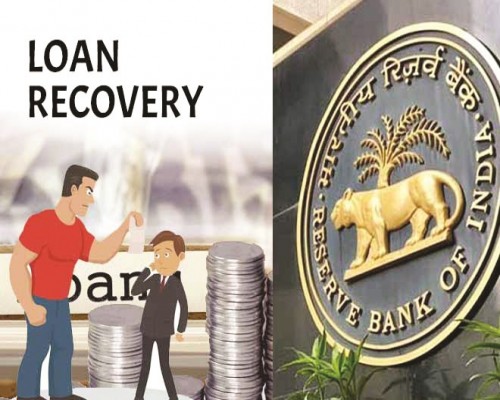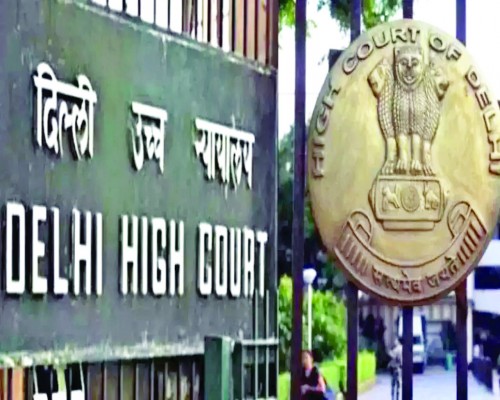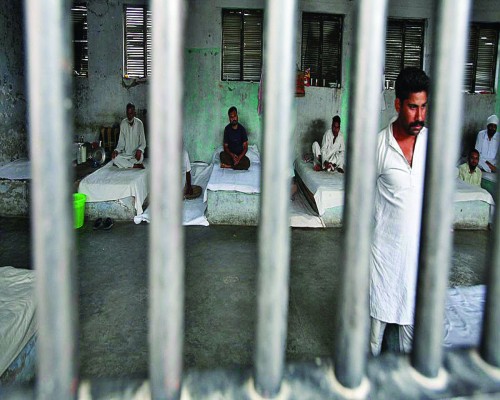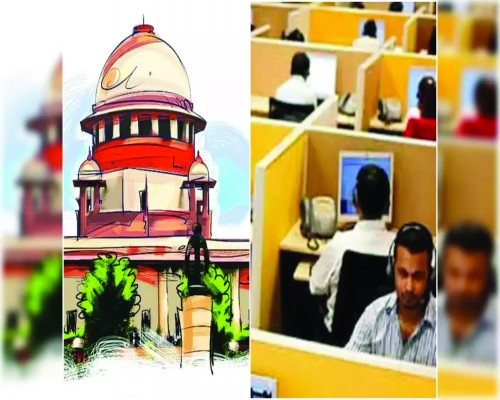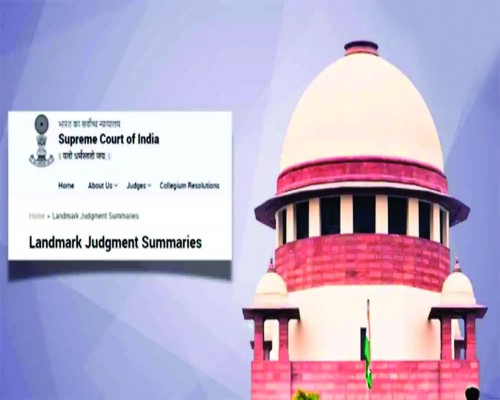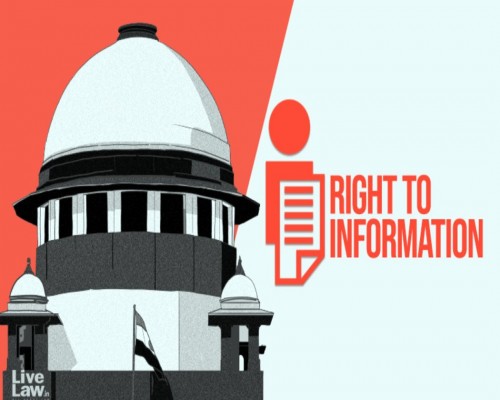Summons Cannot Be Issued After Sentencing the Accused

Supreme Court Quashes Allahabad High Court's Decision, Cancels Summons Orders
The Supreme Court has ruled that once a person has been sentenced in a criminal case, no further summons can be issued against them as an accused based on any subsequent findings in the case. This order quashes the earlier decision of the Allahabad High Court, which allowed the issuance of summons against an individual under Section 319 of the Criminal Procedure Code (CrPC).
A bench comprising Justice Abhay S. Oka and Justice K.V. Viswanathan made this ruling while hearing a petition by Devendra Kumar Pal. The petition challenged the Allahabad High Court's order, which directed the issuance of summons against Pal under Section 319 of the CrPC.
Argument: Order Passed in a Single Day
The state government's counsel argued that after sentencing co-accused Sukhwasi Singh in the case, the trial court believed that Pal should also be summoned as an accused. The trial judge invoked Section 319 of the CrPC, which allows the court to summon additional accused based on the evidence presented during the trial. The court’s argument was that Pal should face the same legal scrutiny.
However, the Supreme Court bench stated that legal provisions bind the court and that if summons had already been issued, sentencing should not proceed simultaneously. The court noted that once a person has been found guilty, others involved in the case cannot be summoned or retried based on the same evidence.
Detailed Case Background
Initially, some of the accused had been convicted and sentenced. Later, based on the provisions of Section 319 of the CrPC, the trial court ordered summons for Devendra Kumar Pal in the same case. In this matter, the Supreme Court held that the trial court should not have issued further summons after pronouncing the sentence, and that Pal’s appeal to cancel the summons was valid



